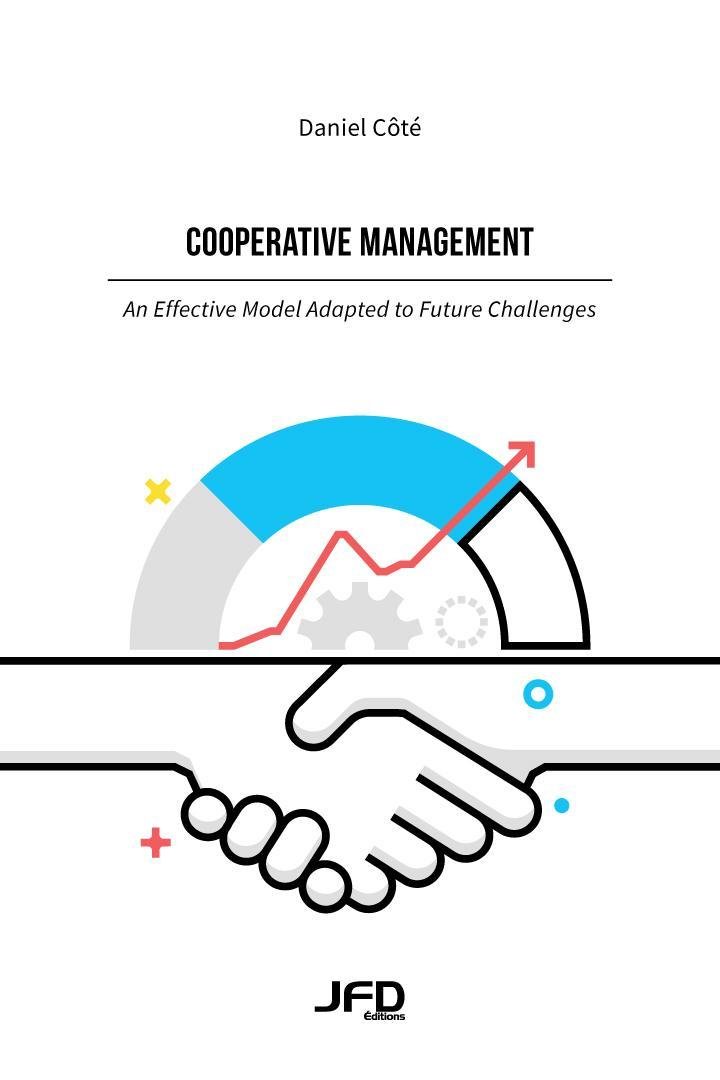
This book is the fruit of our work on and with cooperatives of the last 20 years. Throughout this period, we have conducted extensive research on the management of cooperatives, many using the research-action methodology, i.e., directly involving teams of managers, employees and administrators. We also wrote many cooperative management cases while sitting on different (cooperative) boards.
On the theoretical level, our work has allowed us to develop three key ideas on which is based our conception of the management of cooperatives. First, a cooperative equilibrium model that aligns values and cooperative principles leading to a proper management framework better adapted for cooperatives. A second key model, developed in the late 1990s, introduces what we have called the identity malaise observed in many cooperatives. This identity malaise needs to be understood for a solution to be found. The third key model in our management approach to cooperative identifies the strategic levers leading to what we have named a new cooperative paradigm (NPC). Started more than 20 years ago, this reflection leads us today to recognize a significant competitive advantage inherent in cooperative organizations.
The basic idea of this NPC is focused on finding inherent benefits embedded in the cooperative values and principles when confronted with current and future market challenges, compared to other modes of organization. Today, our vision of these challenges is fuelled by the recognition of emerging strategies namely the congruence of organization-employee values, the shift from customer orientation to engagement orientation to enhance customer loyalty, the feeling of psychological ownership as a differentiator and the democratization and value cocreation process.
This book also presents several cases studies of cooperatives in different sectors (agricultural, credit union, insurance, food retail). These cases were written over the last 20 years. They illustrate the different facets and components of the three ideas (models) at the heart of this book.


